I recently finished reading the book Uniquely Human: A Different Way of Seeing Autism, written by Dr. Barry M. Prizant. It took me only a few days to “read” (I listened to the audiobook version) the whole thing, because I was enjoying it so much.
My motivation for searching out this book arose from a desire to better understand my current piano students who have autism. This was the book I settled on after searching on Amazon.com for a book on the topic that had excellent reviews.
This book did not disappoint.
The author, Dr. Barry Prizant, has decades of experience working with individuals with autism and is a leading expert in the field. He is a scholar, researcher, consultant, and an adjunct faculty at Brown University.
As Dr. Prizant explains in the book, autism therapy typically tends to focus on behavioral therapy — which means, getting rid of behaviors such as difficulties interacting socially, sensory challenges, and repetitive behavior patterns. Dr. Prizant points the way to a different approach instead. His book promotes the seeking of understanding individuals and what might be underlying their behaviors.
Rather than seeking to eliminate so-called “autistic behaviors”, Dr. Prizant advocates asking “why”. WHY is the person behaving this way? How can I better understand what might be causing the individual’s behavior, and how can I change MY behavior to help him or her?
Continue reading “Book Review – Uniquely Human: A Different Way of Seeing Autism, by Barry M. Prizant, PhD” →
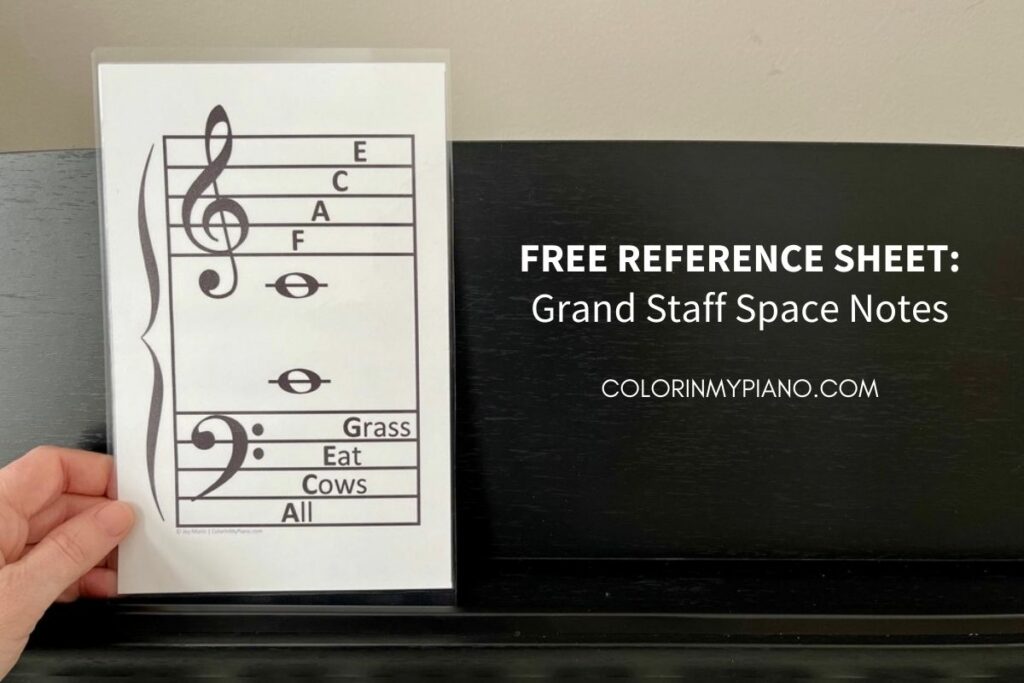


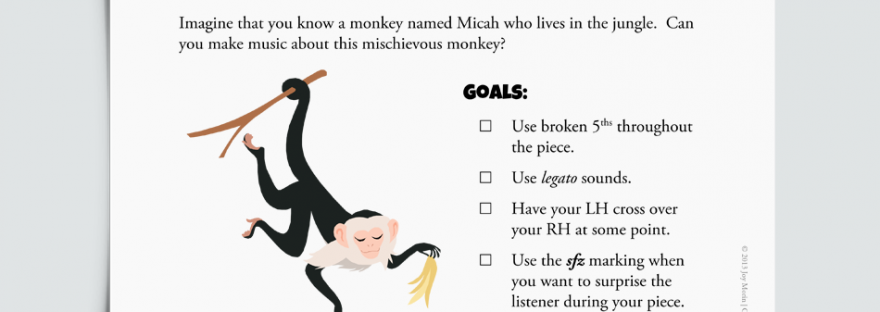
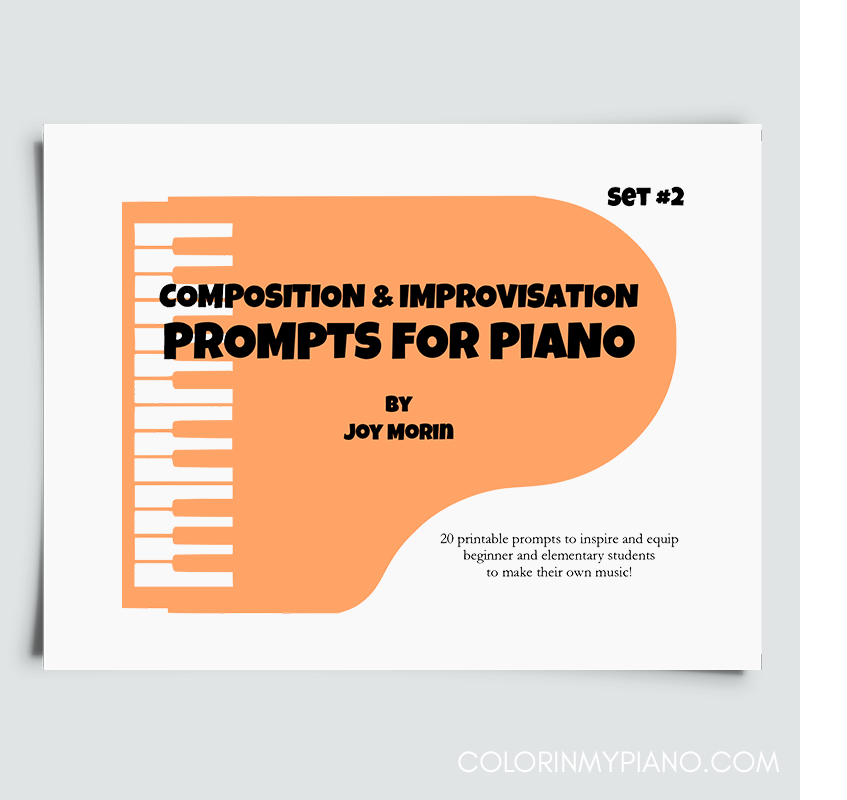
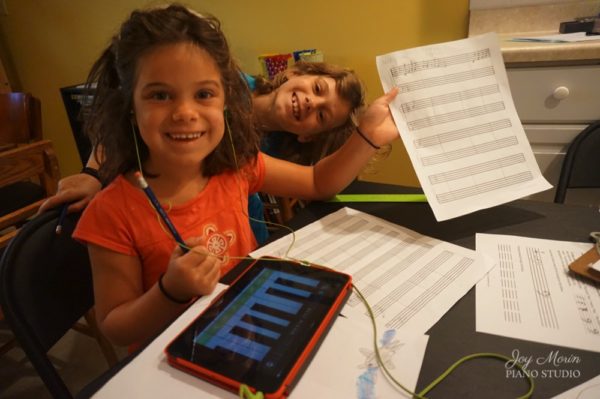
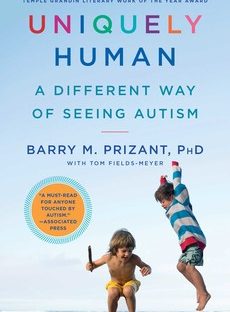
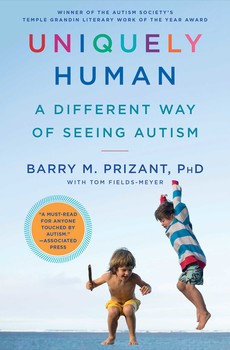


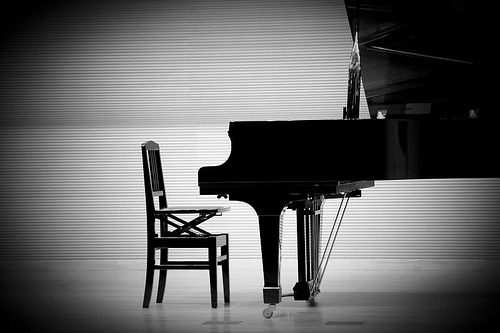
 Discussion topic for the December Forum:
Discussion topic for the December Forum:
 I read something this week that mentioned in passing the benefit of engaging the emotions for learning. This idea really stuck with me, and I haven’t stopped thinking about it since. It makes perfect sense, but I just never thought about it much before. I think this idea is worth some consideration.
I read something this week that mentioned in passing the benefit of engaging the emotions for learning. This idea really stuck with me, and I haven’t stopped thinking about it since. It makes perfect sense, but I just never thought about it much before. I think this idea is worth some consideration.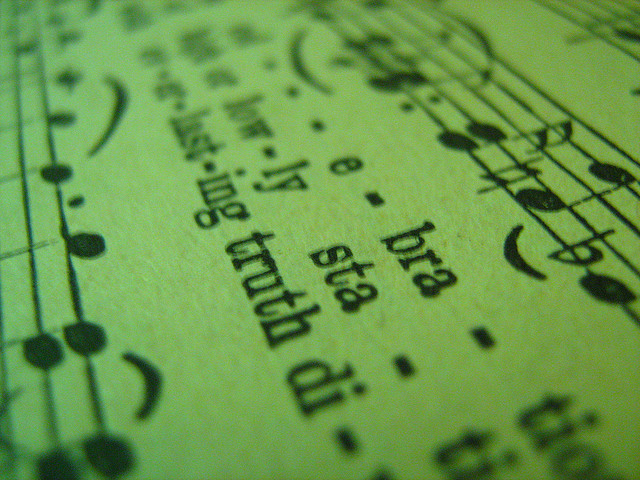
 Here is the summary post for the
Here is the summary post for the